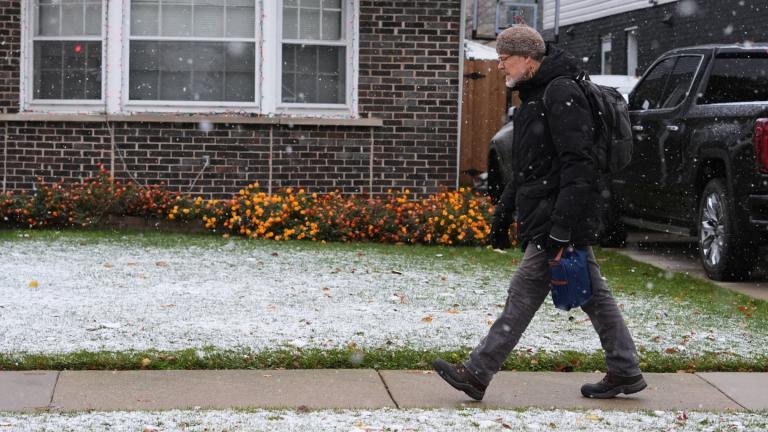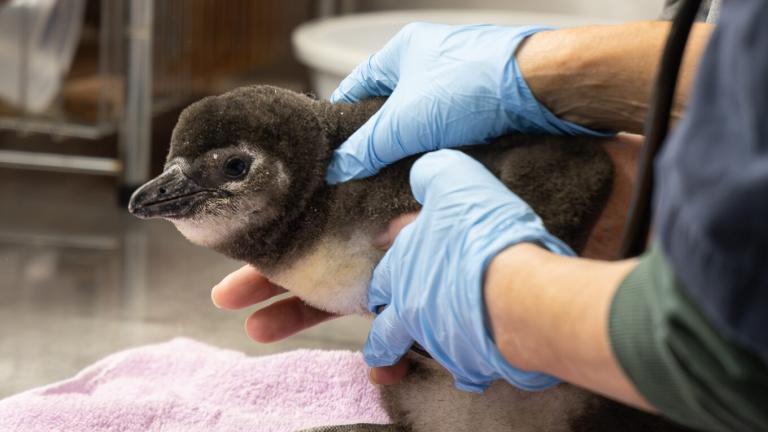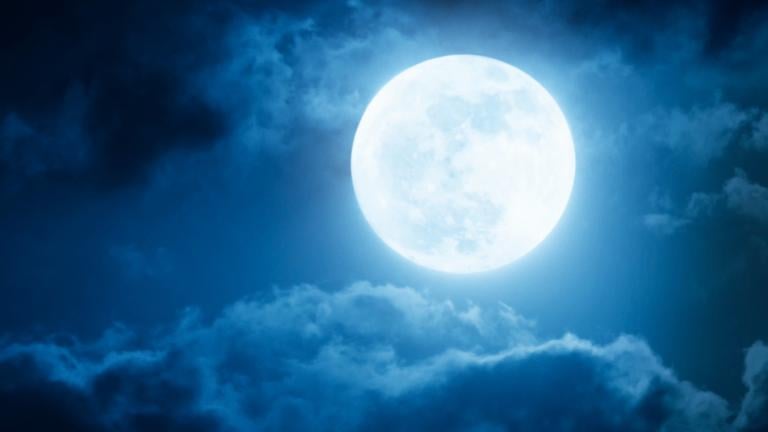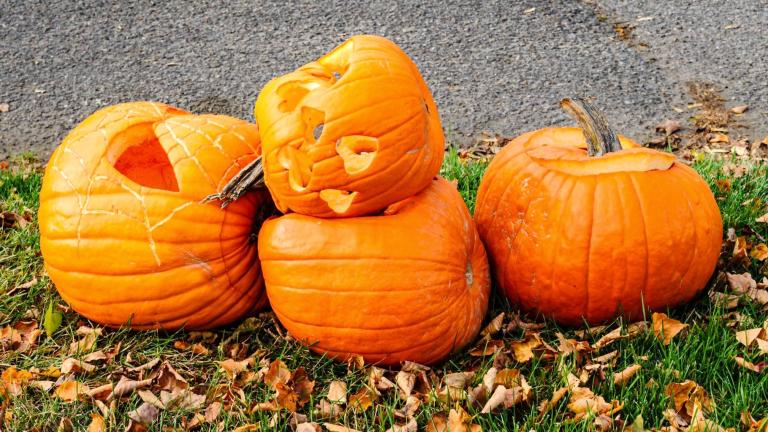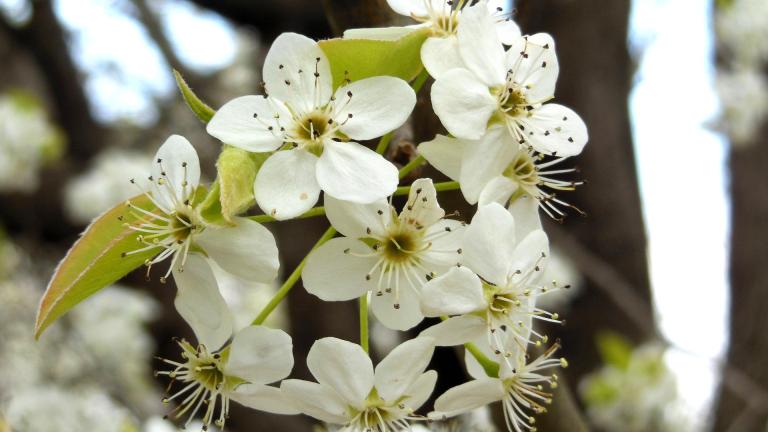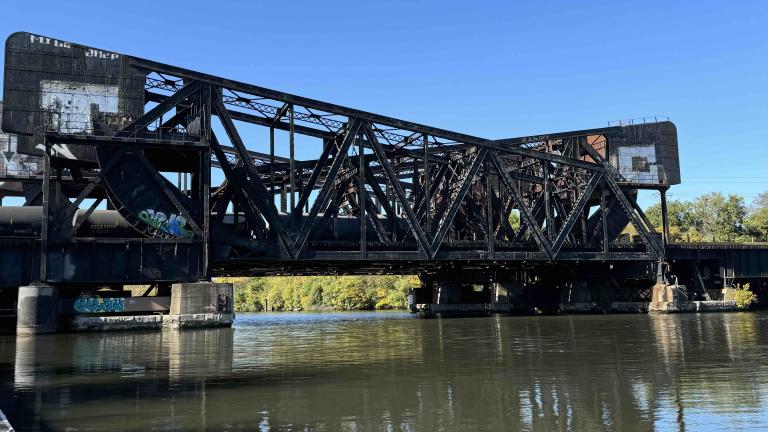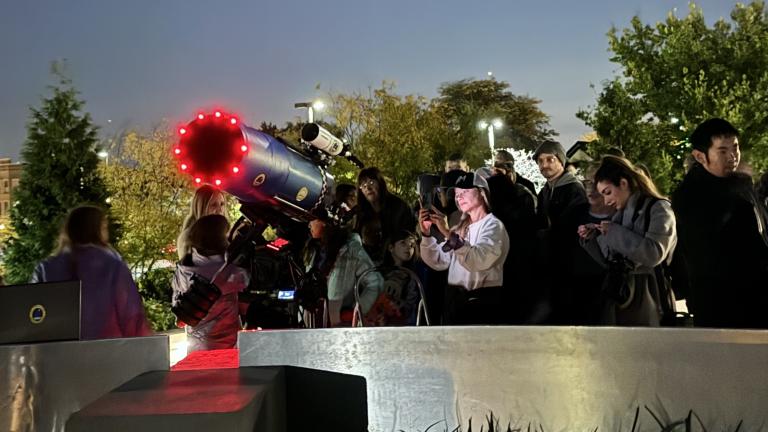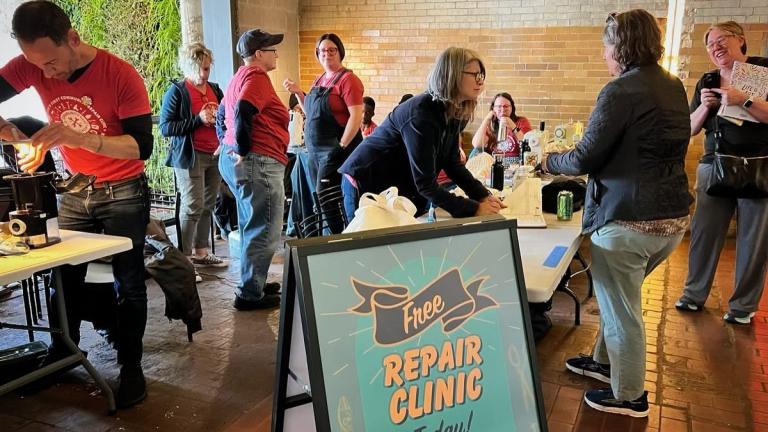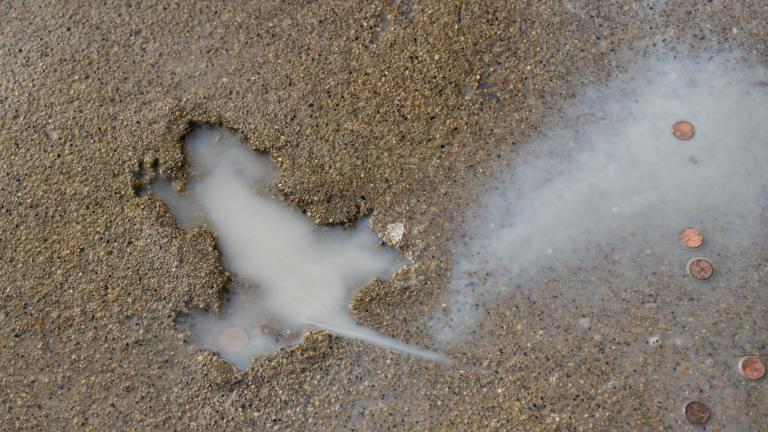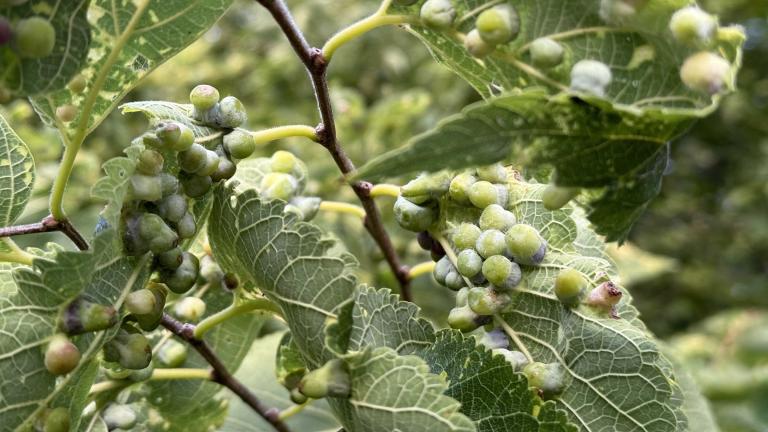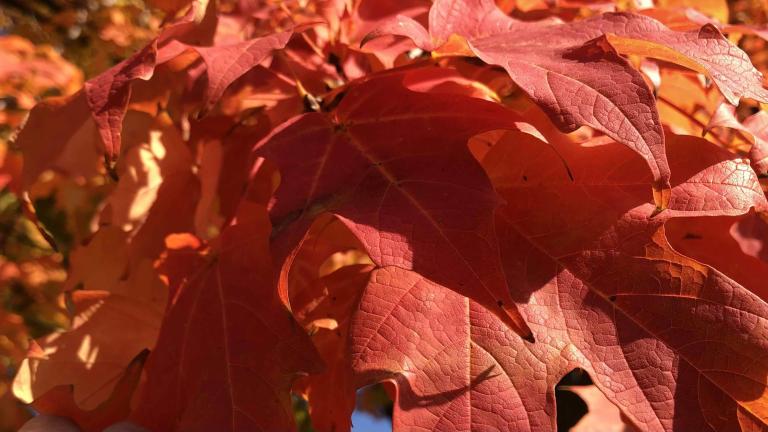Science & Nature
A winter storm warning is in effect late Sunday night into Monday morning with forecasters predicting intense snowfall at a rate of more than three inches an hour in the most intense bands, according to the National Weather Service.
The zoo is soliciting potential names for the chick, whose sex is still TBD, via its social media channels and will release the finalists next week as part of a naming contest.
Let’s hand it to the moon, it makes skywatching easy.
The scariest thing about Halloween is the number of pumpkins that wind up in landfills every year. Enter the pumpkin smash. Collected gourds will be taken to compost facilities.
Nine plants were just added to Illinois’ exotic weeds list — making it illegal to buy, sell, distribute or plant them in the state.
It's been 125 years since the Chicago River was famously reversed by creating the 28-mile Chicago Sanitary and Ship Canal. Voting is open to give the canal a new, less sewage-adjacent name.
It's been 50 years since Sears traded in its sprawling headquarters campus on Chicago's West Side for a tower in the Loop. But the retail giant's legacy still looms large in North Lawndale.
A pair of newly identified comets are jointly appearing in the October sky, and it’s possible to see both — if you know where to look and when.
The semi-annual Reuse-a-Palooza at The Plant is happening Sunday, a one-stop shop for recycling, repairing and repurposing items that would otherwise go to waste.
The case of mistaken identity was revealed in a scientific paper published Wednesday in the Royal Society journal Biology Letters.
Ever seen a tree that looks like its leaves have sprouted warts or are suffering from a really bad rash? Welcome to the wild, wonderful world of plant oddities known as galls.
The work by Mary E. Brunkow, Fred Ramsdell and Dr. Shimon Sakaguchi uncovered a key pathway the body uses to keep the immune system in check, called peripheral immune tolerance. Experts called the findings critical to understanding autoimmune diseases such as Type 1 diabetes, rheumatoid arthritis and lupus.
There are a number of local fall forecast resources that will point you in the direction of peak color.
These cuts are likely to affect battery plants, hydrogen technology projects, upgrades to the electric grid and carbon-capture efforts, among many others, according to the environmental nonprofit Natural Resources Defense Council.
September in Chicago felt like a continuation of summer, with above-normal temperatures. But the real story was the lack of rain.
Jane Goodall, the groundbreaking scientist and humanitarian famous for studying wild chimpanzees in East Africa has died at age 91. In 2010, Goodall visited “Chicago Tonight.”

